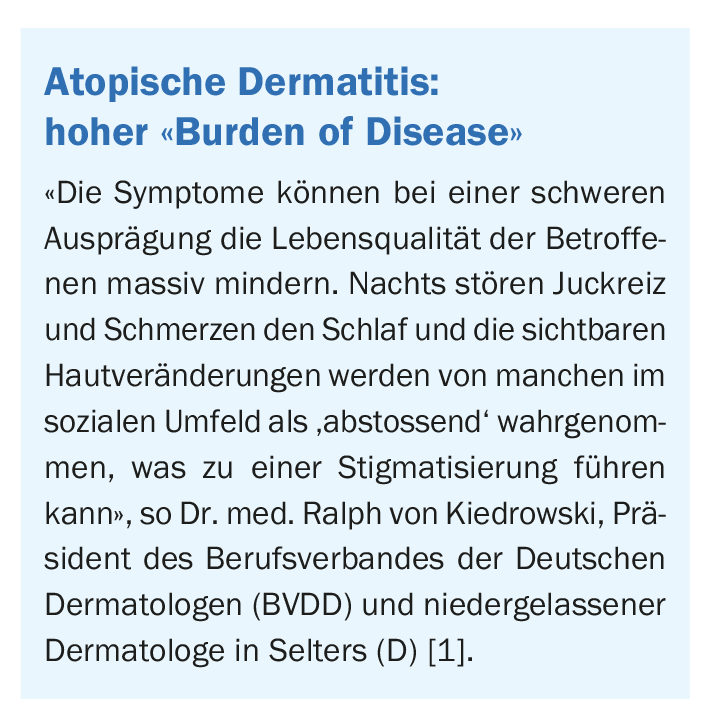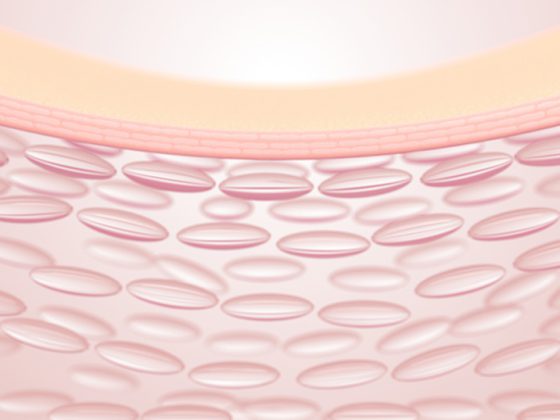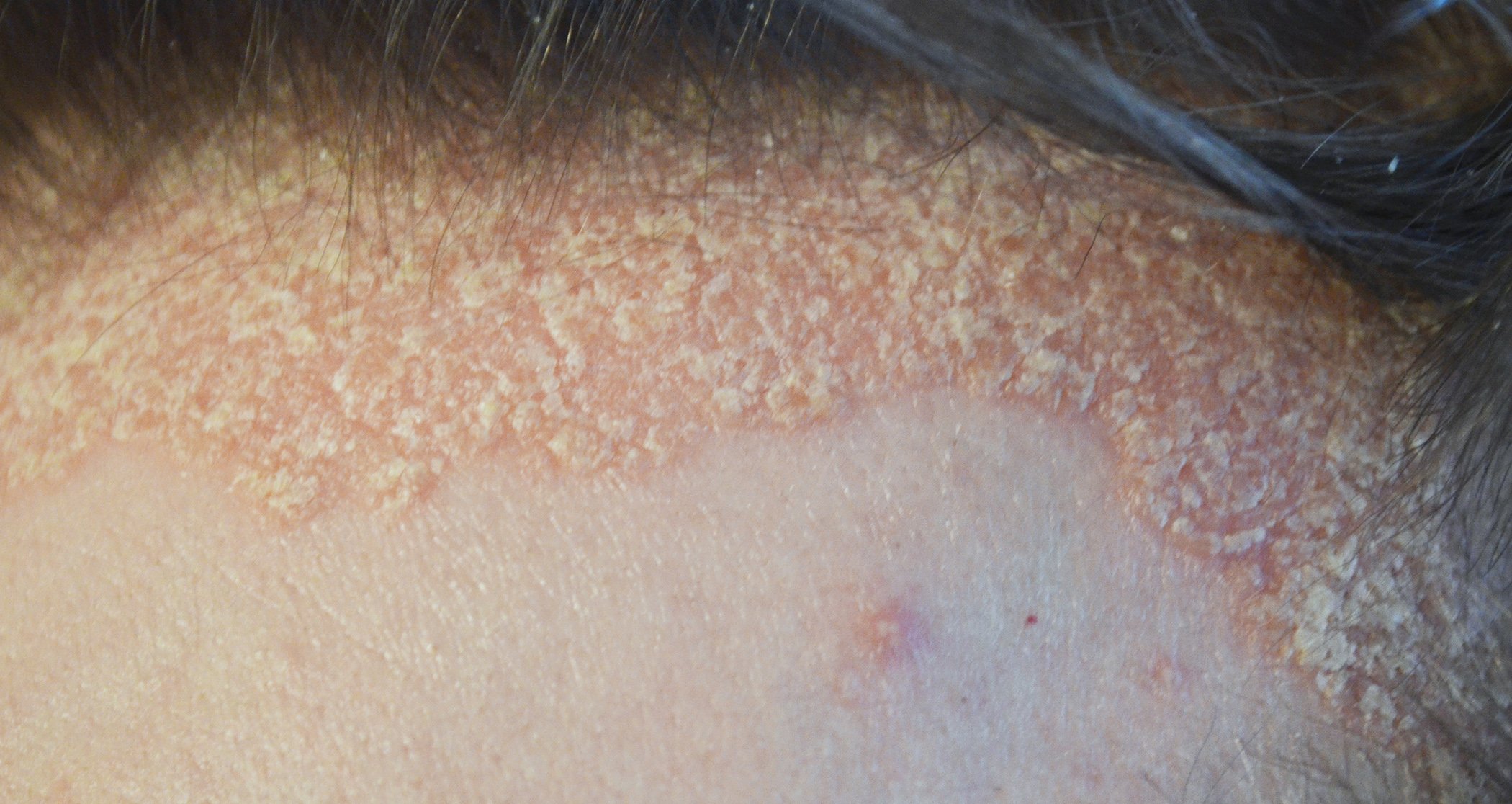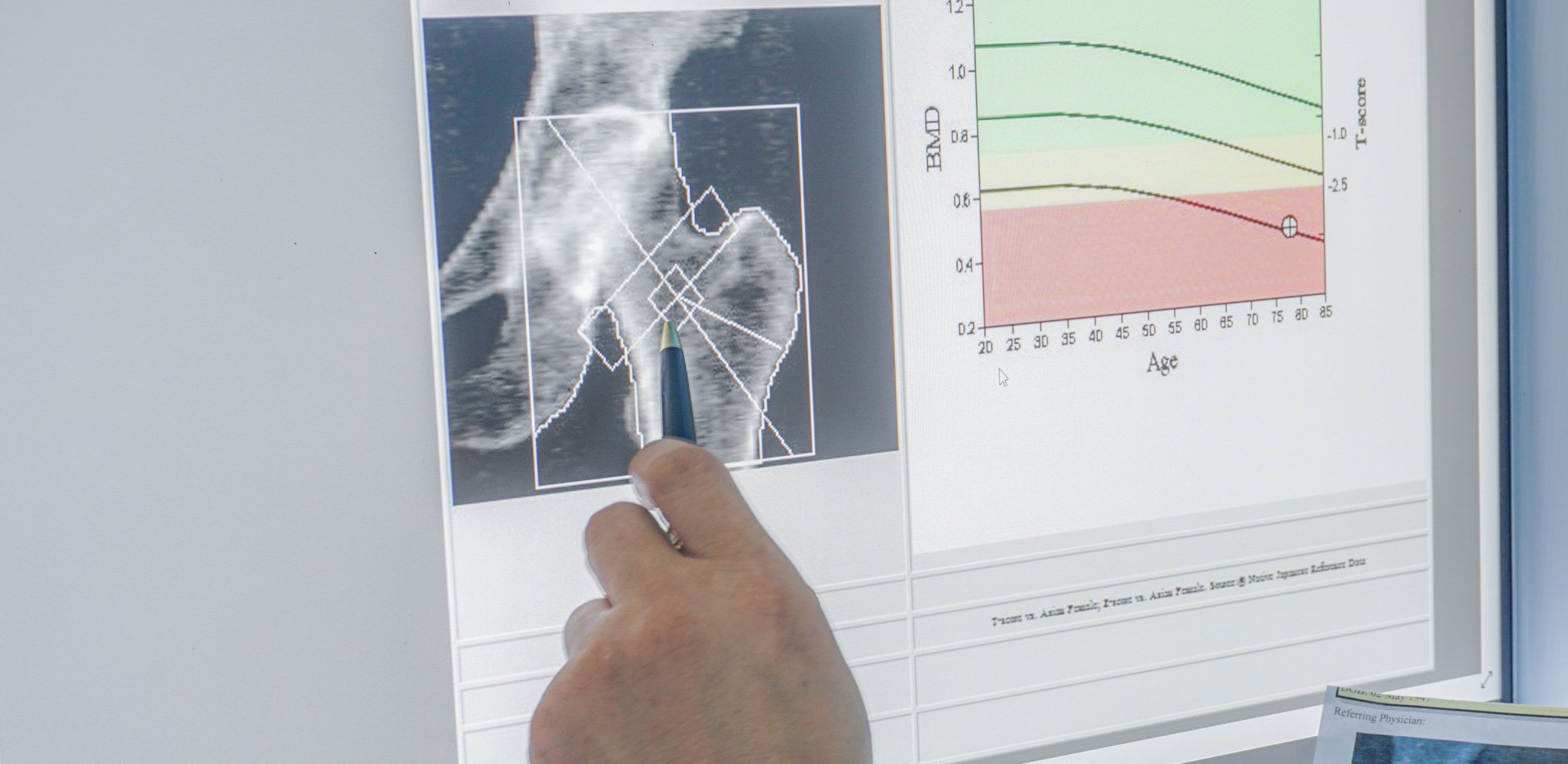On the occasion of World Neurodermatitis Day on September 14, 2021, the German Dermatological Society (DDG) and the professional association of German dermatologists (BVDD) pointed out the currently available highly effective new system therapies. The experts agree that the new therapeutic options should always be used when moderate to severe atopic dermatitis cannot be adequately treated with topical preparations or conventional immunosuppressants.
Characteristic symptoms of atopic dermatitis include itchy, dry skin (xerosis cutis) and skin lesions ranging from mild erythema to severe lichenification. Experts estimate that about half of affected children and adults suffer from moderate to severe atopic dermatitis [1]. Conventional systemic therapeutics such as ciclosporin have an immunosuppressive effect and are used to inhibit the inflammatory process. “Success can be achieved with this, but because of potentially unfavorable side effects, therapy is usually limited in time,” explains Prof. Michael Hertl, MD, President of the DDG and Director of the Clinic for Dermatology and Allergology at Marburg University Hospital (D) [1]. For several years, movement has come into the treatment spectrum. New therapies in the form of specific antibodies and so-called small molecules have ushered in a new era.
Dupilumab already established – Tralokinumab also approved in the EU
The monoclonal antibody dupilumab was the first immunotherapeutic to specifically interfere with the pathomechanism of atopic dermatitis. The biologic inhibits IL-4 and IL-13 signaling by binding the α-subunit of the interleukin (IL)-4 receptor. “The advantage of dupilumab is that we now have an option for those with severe disease that works very well in 60 to 70 percent of patients,” Prof. Hertl elaborates. Even if one cannot speak of a cure, the reduction of itching, the improvement of the skin’s appearance and the improved ability to sleep are a great success. Dupilumab is administered every two weeks by pre-filled pen or pre-filled syringe. Side effect rates are low. Occasional dupilumab-associated conjunctivitis can be treated with topical steroids and topical calcineurin inhibitors [2]. In addition to dupilumab (Dupixent®), the IL-13 antagonist tralokinumab has recently been launched in the EU. Adtralza® (tralokinumab) received EMA approval in June 2021 for the treatment of moderate-to-severe atopic dermatitis in adults eligible for systemic therapy [3]. Other biologics for this indication such as lebrikizumab (also an anti-IL-13 antibody and nemolizumab (anti-IL-31 receptor antibody) are currently in advanced stages of clinical development.
JAK inhibitors: Baricitinib as pioneer – Upadacitinib with new EMA approval
Representatives from the group of JAK inhibitors also have great therapeutic potential. Baricitinib (Olumiant®) has been on the market in the EU for the systemic treatment of atopic dermatitis in adults since October 2020; in Switzerland, Olumiant® has been approved for this indication by health insurance companies since April 2021 [4].
JAK inhibitors are small molecules that target the immune system. Unlike biologics, they do not target individual messenger substances, but prevent the intracellular transmission of inflammatory signals by inhibiting Janus kinases (JAK). Prof. Dr. med. Tilo Biedermann, Director of the Clinic and Polyclinic for Dermatology and Allergology, TU Munich, explains: “The advantage of JAK inhibitors is that we can modulate the inhibition step by step and control effect and side effects”. According to Prof. Biedermann [1], the JAK inhibitors are characterized overall by rapid efficacy and rapidly lead to an improvement in eczema and a reduction in itching in patients. The most common side effects of the drugs administered as tablets include inflammation of the upper respiratory tract, headache, and elevated levels of creatine kinase. “The JAK inhibitors are a welcome addition to the therapeutic options, because they can, for example, also help those patients who have not been able to benefit as much from the other therapies,” said the DDG past president. Upadacitinib Rinvoq®, another JAK inhibitor, received EMA approval in August 2021 [5]. Other agents, such as abrocitinib, are expected to join the therapeutic spectrum in the near future. Delgocitinib, ruxolitinib and tofacitinib, which are available in a topical formulation, are also currently being investigated and should significantly reduce the risk of side effects.
Literature:
- “World Neurodermatitis Day on Sept. 14: Systemically acting therapeutics improve treatment,” DDG, Sept. 06, 2021.
- Aszodi N, et al: J Dtsch Dermatol Ges 2019; 17(5): 488-492.
- European Medicines Agency (EMA), www.ema.europa.eu/en/documents/overview/adtralza-epar-medicine-overview_de.pdf (last accessed Sept. 11, 2021).
- Drug information: Olumiant®, www.swissmedicinfo.ch (last accessed 11.09.2021)
- European Medicines Agency (EMA), www.ema.europa.eu/en/documents/overview/rinvoq-epar-medicine-overview_de.pdf (last accessed Sept. 11, 2021).
DERMATOLOGY PRACTICE 2021; 31(5): 17













